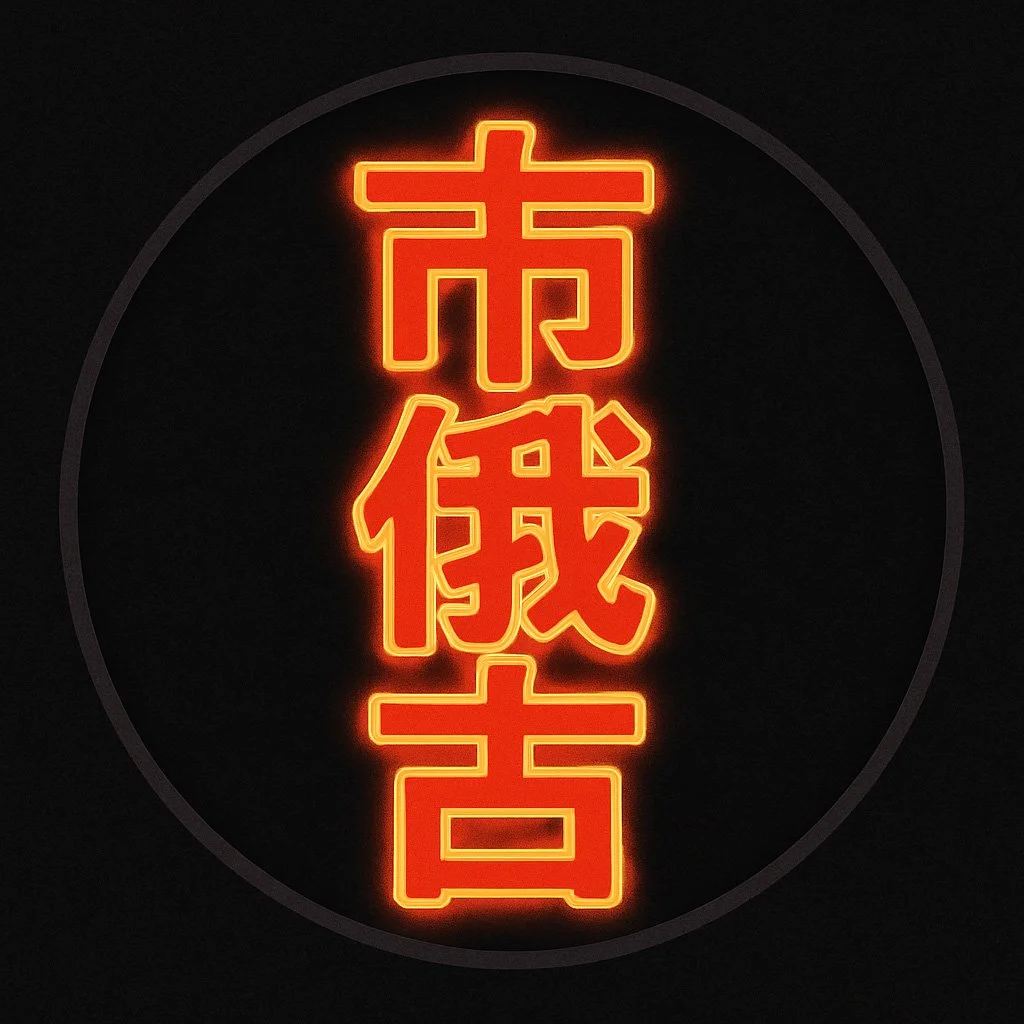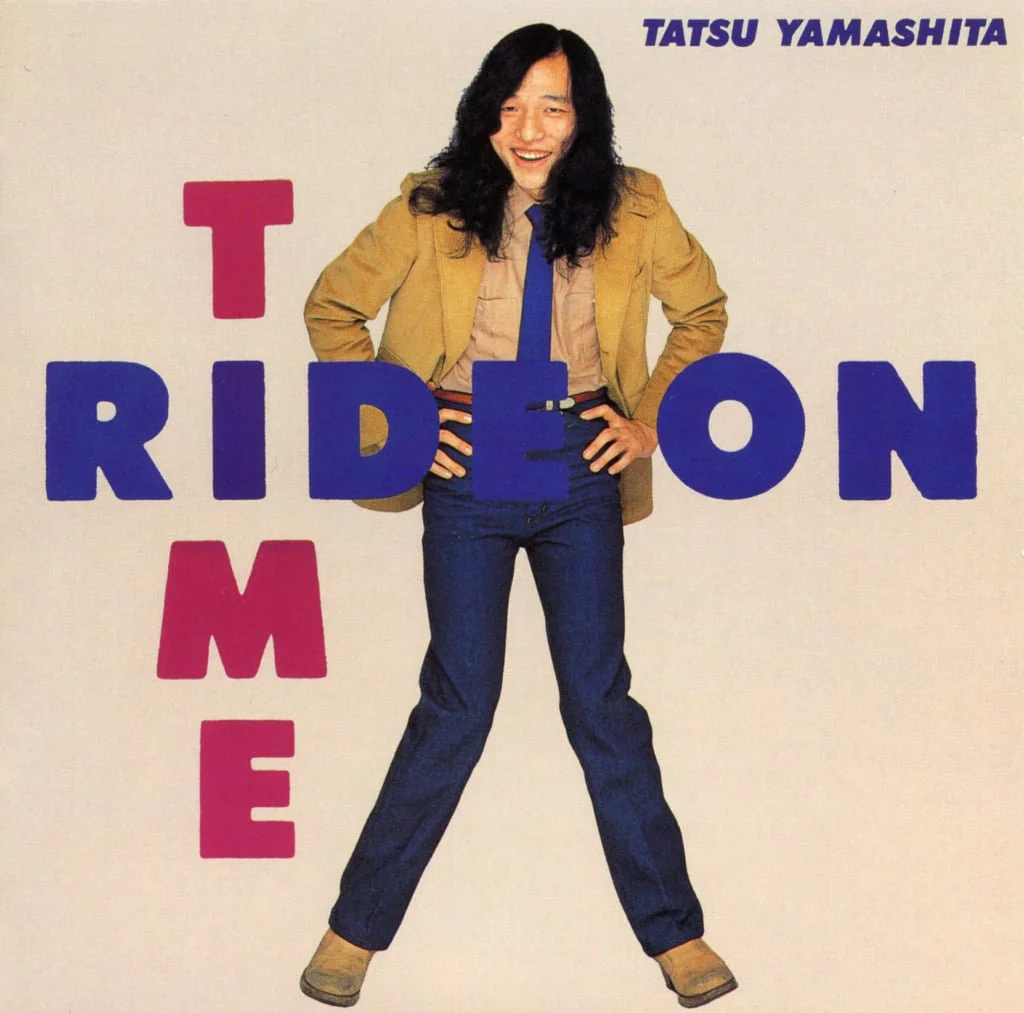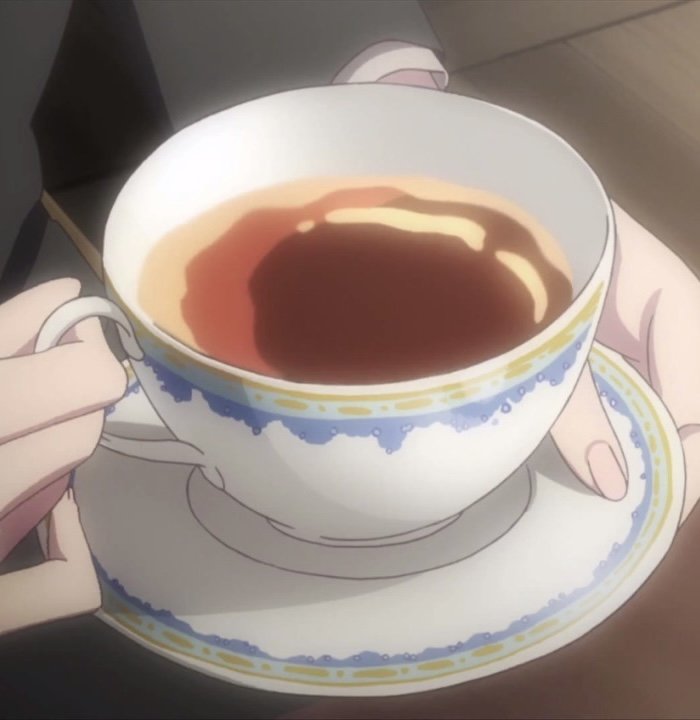Copyright On Time: Tatsuro Yamashita’s War on Overseas Audiences
[on-going post. Further edits & information will be added]
[Quick Summary] If Japanese record labels and artists want their vinyl sales to continue to grow, they must acknowledge the overseas fans that sustain it, or face diminishing returns in interest by non-Japanese buyers who will start to feel neglected and overlooked.
Let me begin by acknowledging that Tatsuro Yamashita will likely not care at all what is being written here, and neither will he lose any sleep over any of my opinions. With that being said, I respect his decisions as the owner of his music, but I will look a bit deeper into his mentality when it comes to his relentless copyright infringement war online. I’ve combed through the internet and looked over as much information as I could find to come up with the best possible explanation for his outlook on the online content that helped fuel his catapult into global popularity. I’ve used translated quotes from interviews to provide some context for my thoughts. [Quotes will be added in Japanese also soon for further analysis]
A few years ago, before YouTube became a hub for City Pop, most artists in the genre had no online presence at all. Their music, once thought to be a relic of the past, found a new life thanks to the dedication of overseas fans. These individuals spent years curating playlists, translating lyrics, and sharing rare tracks. It was their efforts that reignited global interest in City Pop, introducing it to a new generation and proving its timeless appeal.
Yet, instead of gratitude or collaboration, many of these fans have been met with hostility from the very artists and rightholders they supported. Tatsuro Yamashita’s relentless copyright takedowns are emblematic of a broader problem: a refusal to acknowledge the role these grassroots communities played in revitalizing the genre. Rather than embracing this renewed interest, some artists have chosen to erase it, wielding the RIAJ’s draconian methods to obliterate years of work and connections without a second thought.
This isn’t just a legal battle; it’s a moral and cultural failure. By alienating the very audience that made City Pop relevant again, these artists risk destroying their own legacies. At a time when the genre could flourish on a global scale, their actions are not only hypocritical—they’re self-destructive.
Tatsuro calls City Pop resurgence “Luck”
In an 2022 interview with Yahoo Japan:
"When people ask me what I think about city pop, honestly, I can only answer, 'I don’t know.' All I can say is that it’s just luck. A few years ago in Shibuya, a young American man in his 20s asked me to sign my 1978 album 'GO AHEAD!' I asked him how he knew about it, and he said, 'The internet.' What a strange time we live in. But I’m grateful (laughs)." - Yamashita Tatsuro
I highly doubt that anyone, especially Yamashita, thinks that his music, and City Pop in general, has become what it is today based purely out of luck. He is too intelligent to think in this manner. City Pop has been slowly lifted to acclaim today based on the hard work of DJs, and YouTubers mostly, who have sacrificed themselves, risked legal action, including potential imprisonment, to help promote Japanese music in ways that the actual rightsholders could never achieve on their own.
I think it’s funny that only once City Pop had become a marketable, viable product with a pre-packaged aesthetic created by its overseas fans, did the copyright takedowns occur, and suddenly rightsholders had a successful blueprint for how to capitalize on the music based on what the overseas fans were doing with the music. This led to official licensing and many vinyl resissues. City Pop artists clearly benefitted the most from the unpaid labor of YouTubers.
Only after years of labor by online DJs and curators, did Yamashita and others begin siccing RIAJ (Recording Industry Association of Japan) on anyone who was using the music. This crushed entire careers, ruined years of work, and did an incredibly injustice to those who helped this music become popular again. Failure to appreciate the truth of the matter is a cruel indication that City Pop artists do not care about overseas fans or how their music really began circulating again.
Yamashita Refuses to Acknowledge Western Audiences
Speaking to Bunshun in 2022, Tatsuro elaborates more on the City Pop resurgence:
"City Pop was very much a product of its time—rooted in the urban culture of Japan in the late ’70s and ’80s. I never imagined it would resonate with people outside that context. But music is universal. Melody and harmony transcend language and culture, and perhaps that’s why it’s finding a new audience. I’m happy that people are discovering the music, but I also think it’s important to appreciate the genre as a whole, not just a few standout tracks. City Pop was made by many talented artists, and their contributions are just as significant as mine." - Yamashita Tatsuro
Speaking to Gendai Media in 2022: Tatsuro’s sentiment continues:
“Honestly, I’m not entirely sure why music from 40 years ago is suddenly receiving so much acclaim. However, it’s long been said that analog recording offers a certain depth and emotional impact, both sonically and musically.
In Japan, the peak of analog recording techniques and the associated musical creativity came around 1982–1983, aligning with the era now recognized as “City Pop.” In that sense, it seems natural for music from such a technically advanced period to be rediscovered. But I never expected my own work to play a part in this trend (laughs).” - Yamashita Tatsuro
It is very dissapointing that Yamashita will never outright acknowledge overseas fans. While what he says regarding the music is entirely true, his response displays a disregard for how it actually found a new audience. Had YouTubers and DJs not uploaded the music, and did what rightholders would never do, this genre, and his music, would be relagated to the the dust-bin of time, still unknown to the vast majority of those who would come to love it today. A vast majority of Japanese don’t even know, or care to know what City Pop is.
So the question lingers… Who exactly is the main demographic listening to Tatsuro’s music? The answer is clearly: Overseas Audiences. Those of which he fails to acknowledge in any way. Most of which came to know his music by the content that he calls on RIAJ to destroy, ruining the hard work of real human beings with lives that only wanted to share their appreciation for his music. His negative views on streaming services, and music sharing online, are a detriment to the cross-cultural, and trans-generational exchange happening. It spits in the face of the overseas fans, while reaping the benefits that they provide.
While he shouldn’t need to ackowledge overseas fans, or the truth of how his music really became popular again, it would frame his views of sympathy and humility much more believably. Instead, much of what he says in many interviews now comes off as insincere, cold, and calculated from a business man’s perspective who overvalues their artistic expressions to the point of narcissism. There is such a thing as gatekeeping, and what he is doing with his music is exactly that. While emphasizing some exaggerated sense of tactile media being important, it effectly locks his music out of anyone who cannot afford to import his music physically overseas.
He Dislikes Nostalgia
Speaking in the same interview with Bunshun, Yamashita mentions Nostalgia several times, mostly in a negative context:
"In such times, what should those of us considered veterans do? Among peers, without being nostalgic or merely consoling each other, how do we create music that looks to the future? I dislike the nostalgia of "things were better in the past."
"There are certain records I return to over and over again. They have an essence that feels timeless. For me, it’s not just about nostalgia; it’s about the craftsmanship."
“For me, analog isn't just a nostalgic preference—it's about quality.” - Yamashita Tatsuro
He clearly does not like nostalgia. The fact that much of the enjoyment overseas fans get out of City Pop is some form of nostalgia must make him not happy. It is undismissable, and undeniable that nostalgia played a huge role in City Pop’s resurgance. To say otherwise is naivete. Nostalgia provides something of subtantial enjoyment for those who don’t have many fond memories of the past, but through the music they can imagine them. This is a very powerful phenomenon that has fueled the City Pop resurgence. When you have very young overseas fans, who don’t even speak Japanese, feeling an emotional connection to the music through some kind of collective shared memory that only music can access, then it becomes part of the cultural zeitgeist of the time.
Yamashita is a undoubtly an idealist to the extreme, who isolates himself from the world, and as consequence has developed very polarized perspectives which do not really fit into the contemporary world that he tries to say is more important than any fond version of the past. I think he is a very sharp individual, but I personally don’t believe much of what he says outside of his methods for creating his particular sound. We cannot only look to the future, and the present moment, without taking with us the best of the past to build on.
He Doesn’t Like People
I mean, same. Me too, but, Yamashita is a true introvert, and does not engage in almost any social activity:
“I don't have many friends. I have acquaintances, but few I can call friends. I don't socialize much. I don't drink alcohol, and I don't play golf. I don't engage in typical social activities. I have a few friends from my school days, but in the music industry, I don't have anyone I can call a close friend. I do have a sense of camaraderie with those who have worked with me for years, but it's different from friendship.”
Interviewer: Is that a deliberate choice?
“It's just my nature. I'm not good at socializing. I prefer spending time alone, focusing on music. That's how I've always been. It's not that I dislike people; I just find social interactions tiring. I value my time and energy and prefer to invest them in creative activities.” - Yamashita Tatsuro
He says it’s not that he dislikes people, but I think this is just a very polite way to divert from the truth, which he often does masterfully. I strongly believe this, because much of his demeanor, ideas, and philosphies resonate with me. I approach much of life in the same way he does, and much prefer solitude to social activity. Ofcorse, I am not afforded the luxury to be able to do so. I appreciate Yamashita’s very specific personality, mostly because I share many of the same qualities. Though he is older than me, and of a different country, so there are differences ofcorse, though the archtype of the hermit is a universal one shared by all humans.
I believe Yamashita is a deeply wise man. Though when one retreats too far into the forest of the mind, belief structures tend to become rigid and inflexible. This mentality must be a factor in why he does not want to change any of his beliefs to align more with contemporary times.
Tatsuro Discovered the Music That Influenced Him Through Cover Songs
While not directly related to his copyright takedowns, this is still interesting to me, considering I discovered City Pop by listening to Future Funk and Vaporwave remixes.
“Thanks to the influence of my friends, I developed a growing interest in Western Top 40 music starting in junior high. As a drummer in the brass band, I admired Mel Taylor’s drumming for The Ventures and tried to emulate his style. The Ventures were essentially a cover band, performing instrumental versions of popular hits. Over time, my curiosity shifted toward the original versions of those songs. That’s how I became interested in hit charts.” - Tatsuro Yamashita (2022 Gendai Media)
The Benefits of Overseas Interest in City Pop
A few years ago, before Youtubers starting uploading City Pop, many of the artists in the genre had no online presense at all. Zero. They likely had no idea their music would be something that could be popular again. It was only through the dedication of overseas fans that it became tried and tested for success, without any work from the artists or rightholders. The fact that the work done to promote their music goes unappreciated is just wrong, no matter how it is framed, it is wrong. At the very least, they could have gone about taking their music off channels without having to resort to RIAJ, which does not have a problem destroying lives, careers, and years of work that yielded a pittance if at all for those who devoted so much time and effort for them.
The RIAJ (Recording Industry Association of Japan) wields an iron grip, often without considering the broader cultural and artistic implications of its actions. The takedown notices, copyright strikes, and account terminations issued against City Pop uploaders don't just erase videos, they erase the communities, conversations, and connections that have formed around this music. These are fans who invested countless hours translating lyrics, creating album art scans, and curating playlists, all because they deeply loved and believed in the music.
By aggressively targeting these fans, the artists and rightholders are essentially biting the hand that fed them. Without these grassroots efforts, City Pop’s resurgence as a global phenomenon likely wouldn’t exist. These uploaders didn’t just preserve the genre—they gave it a second life, introducing it to an entirely new generation of listeners who wouldn’t have discovered it otherwise.
Instead of engaging with this growing interest, some artists, like Tatsuro Yamashita, have chosen to double down on their reclusive stances, maintaining an tight lock on their catalogs. This is not just short-sighted but also deeply hypocritical. Many of these artists owe their early successes to fans who, decades ago, recorded their music off the radio, traded cassette tapes, or shared CDs with friends. These organic, fan-driven methods of distribution are what allowed City Pop to thrive in its heyday. Today’s digital age has merely transformed this into a global scale.
Worse still, the heavy-handed takedowns don’t even discourage piracy; they actively alienate fans. When a channel that introduced thousands of people to City Pop is erased overnight, it doesn’t make those fans rush to buy official releases—in many cases, it makes them give up on the genre entirely. If the goal is to protect the artist’s legacy, this approach achieves the opposite. It fosters resentment, not reverence.
What’s especially frustrating is that there are ways to embrace this newfound popularity without losing control of their work. Artists and labels could work collaboratively with uploaders, licensing music for online use or creating official channels with curated content. Many contemporary artists have successfully navigated this landscape, understanding that a strong online presence is critical in the modern music industry. Why can’t City Pop legends, whose music is timeless, take a similar approach?
This destructive behavior not only undermines the goodwill of fans but also squanders an incredible opportunity to secure a lasting legacy for City Pop. Instead of being remembered as pioneers of a beloved genre, these artists risk being seen as out-of-touch gatekeepers, clinging to outdated business models that no longer serve them or their fans.
Takeuchi brings in an estimated 800,000yen a month with her Spotify, which only came into existence recently.
Overseas Fans Created The City Pop Boom
Overseas fans are the reason why City Pop is popular today. Failure to see this as the truth is disrespectful, and honestly, a bit cruel. While I cannot say for certain who is sending RIAJ after so many content creators, my best guess is that is it Yamashita. RIAJ ruined my life, and took advantage of years of my work which benefitted City Pop as a whole, while discarding my work as irrelevant. Many other channels that were sharing music in benign ways were also demolished throughout the years by RIAJ. This is a very sad reality that is perpetuated by the lies that City Pop artists don’t know how their music became popular again, while at the same time sending RIAJ after the creators that were the unsung heros of bringing back a 40 year old genre with nothing but their own creativity, and a need to connect through the music.
It has been a one-sided war being waged on YouTubers, DJs, and others who were responsible for the City Pop boom. I can’t help but think that Yamashita, and others, harbor some kind of disdain for outsiders listening to their music. I know that sounds exteme, but it seems to hold some validity, as there are few other reasons why City Pop artists refuse to admit how their music is now part of the global cultural paradigm.
City Pop's revival is not just a testament to the genre's inherent charm and timelessness, it’s also a testament to the power of grassroots creativity and digital culture. To deny this is to deny reality. The artists and labels profiting from this renaissance should pause to reflect on the true origins of their resurgence. They must recognize that their newfound fame was not an act of fate, but a collective effort driven by people who saw potential where others saw forgotten relics.
If City Pop is to continue thriving, its artists and labels must move beyond punitive measures and embrace the collaborative spirit that made its revival possible. They owe it to their fans, their new audience, and most importantly, to the people who brought their music back into the spotlight against all odds.





























